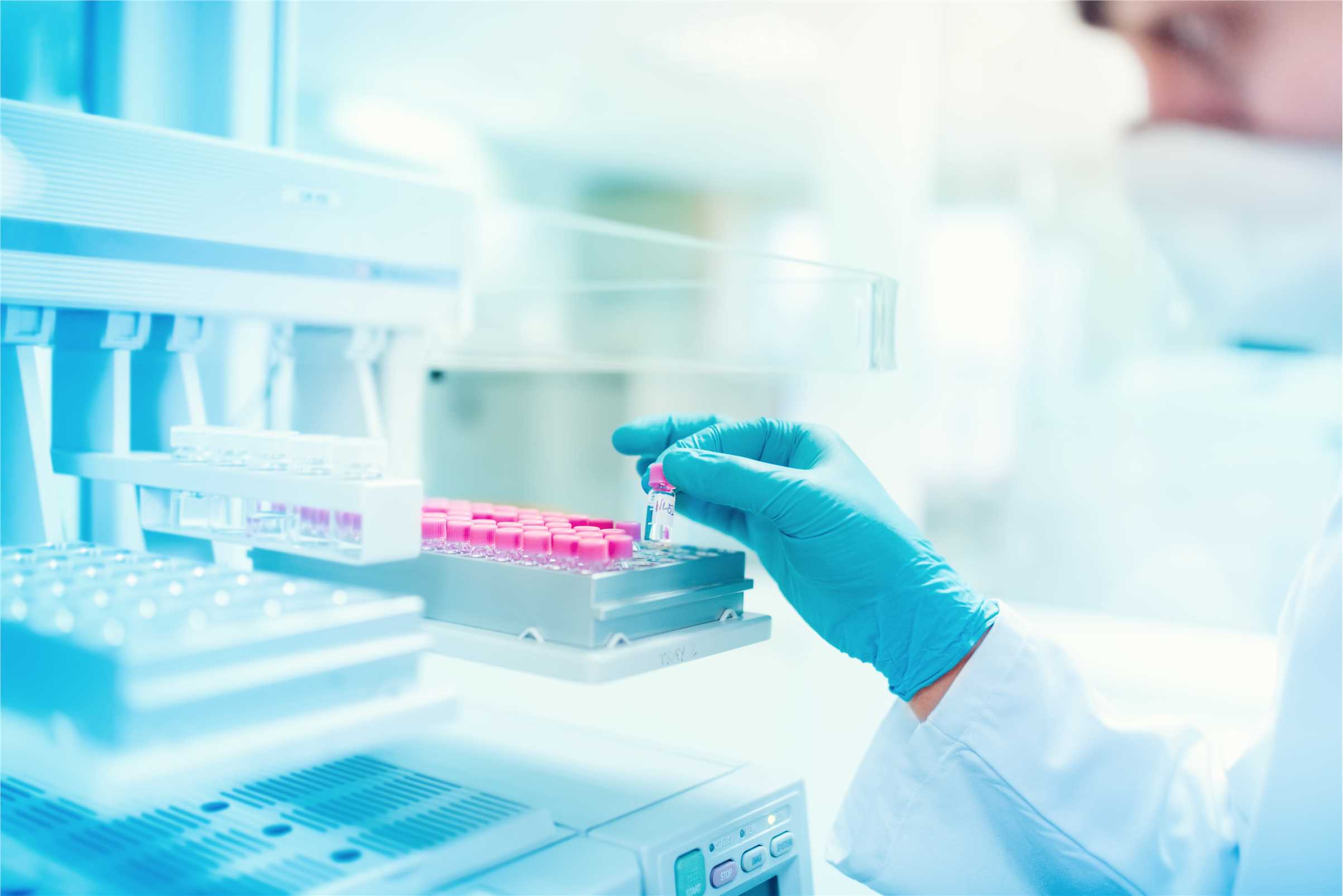In Vitro Reproductive Toxicity Study
In recent years, new drug products have been developed to treat known and emerging human diseases, and it has become increasingly important and necessary to determine the safety of these new chemicals. The reproductive toxicity evaluation of new drugs is a very important preclinical study in the drug development process. Creative Biolabs offers high level of reproductive toxicity studies and related services to meet your product development goals and facilitate your product registration.
Reproductive Toxicity

Reproductive toxicity is studied in animals to test chemical substances or medicines that may interfere with normal reproduction. Reproductive toxicity can be divided into two main types of effects: (i) adverse effects on sexual function and fertility in adult males and females, (ii) adverse effects on the development of the offspring. Adverse effects on sexual function and fertility include changes in the structure and function of the male and female reproductive systems and modifications in any other functions that are dependent on the integrity of the reproductive systems. Adverse effects on the development of offspring refer to any adverse effects caused by chemical substances interfering with normal development either before or after birth. These effects can be manifested at any time point in the life span and their main manifestations include the death of developing organisms, structural abnormalities, altered growth and functional deficiency. In addition, reproductive toxicity also includes adverse effects on or via lactation, although classified separately from other reproductive effects.
Method of Reproductive Toxicity Study
Harmonization of Technical Requirements for Registration of Pharmaceuticals for Human Use (ICH) has developed standardized international guidelines for assessing potential human health risks for pharmaceuticals, including genotoxicity, immunotoxicity and reproductive toxicity. At present, reproductive toxicity guidelines are being applied worldwide to the reproductive and developmental toxicity tests of new pharmaceuticals. Traditionally, pre-clinical studies of drug development and reproductive toxicity have been carried out in experimental animals in the pharmaceutical industry. However, this traditional safety evaluation model requires not only a large number of animals but also is often conducted only in the later stages of drug development. Simple, inexpensive early screening methods can help pharmacists make more flexible decisions and develop safe and effective drugs while reducing animal use. Therefore, the development of alternatives to animal model, and applying them in development and reproductive toxicity evaluation of drug candidates is an urgent need for current and future drug research.
Our Services for In Vitro Reproductive Toxicity Study
As a pioneer in drug development and research, Creative Biolabs has developed a number of alternatives to traditional animal models for drug screening and early toxicity testing over the past decade. In the study of reproductive toxicity of drugs, we have also developed a rich library of in vitro models and corresponding evaluation services, including rodent cells, tissues, and whole embryo culture, in addition, we also have non-mammalian ex-vivo models like hydra, zebrafish and frog embryos. Together with the complementary reproductive toxicity tests, our reproductive toxicity study can meet your high throughput, low cost, less compound dose, and short cycle requirements, providing reliable data support for reproductive toxicity for your drug development.
- Mouse ESC assays
The embryonic stem cell assay has been validated by the European Centre for the Validation of Alternative Methods, and the pluripotency of mouse ESCs to differentiate into other cell types has also made it a powerful screening tool for toxicity determination.
- Zebrafish
Zebrafish's embryos and early larvae are almost transparent, allowing scientists to avoid euthanasia and directly observe them, and the zebrafish have few housing requirements throughout their life cycle and can produce large numbers of offspring so they can be used in large-scale group studies, what’s more, functional genetic modification of them is relatively easy, so these characteristics have made the zebrafish a good drug evaluation model.
- Reproduction/developmental toxicity screening test
Our Advantages in In Vitro Reproductive Toxicity Study
- Multiple routes of administration (oral, intravenous, intramuscular, dermal, ocular, and inhalation)
- Multiple in vitro models (cells, tissues, and organoids, etc.)
- Multiple agents (small molecule drugs, biologics, vaccines, chemicals, consumer products and agrochemicals)
Creative Biolabs has the world's leading team of scientists with extensive experience in conducting a wide range of reproductive toxicology studies in in vitro models. In addition, we can work closely with you to develop strategies to ensure that your studies are conducted with the highest quality standards and in accordance with international regulations. For more information or a formal quotation, please contact us as soon as possible.
For Research Use Only.
